Talking With Your Kids About Sex: 5 Important Tips
This post contains five tips for talking with your kids about sex, as well as books and other resources that have helped us with this important issue.
The facts of life. How babies are made. The birds and the bees. Yes, I’m talking about SEX.
Have you talked to your kids about this yet? Do you plan to? More than once? If the answer to any of these questions is no, then read on – because I’d like to kindly ask you to reconsider.
This topic has been on my mind because of some recent conversations with friends, and because it is one of the few areas where my husband and I knew, even at the very start of our parenting journey, that we wanted to raise the bar. We’ve seen first-hand the damage that can come from a lack of information during the growing up years, and though God can absolutely redeem it and work all things together for good, it is so much better to avoid these troubles in the first place!
If you haven’t thought about this much, or are not sure where to begin, below are five tips I’d suggest for this important area of parenting. Plus, at the end I will share resources that have helped us and may help you in talking with your kids about sex – our favorite books on the subject and a few helpful websites too.
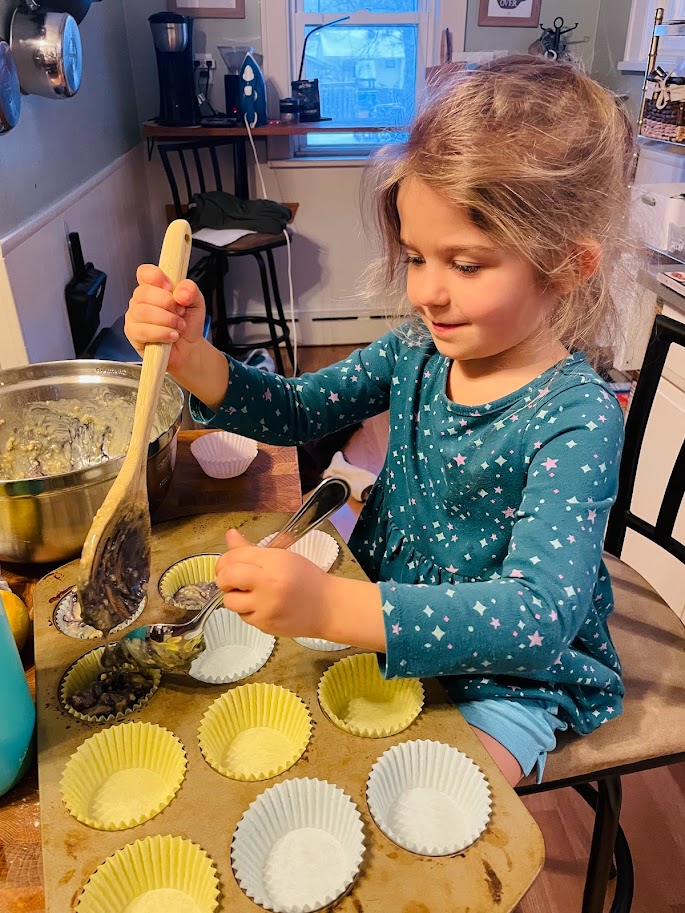
Tip #1: Start Young (As In, Today).
I don’t know how old your children are, but if they are walking and talking, it’s not too early, and if they are still in your house, it’s not too late. We started reading a few of the books on my list around age three or four, just to get the children familiar with the correct names for body parts (important) and also the idea that some places are private and we don’t share them with everyone (very important). We don’t need much more detail at this age, but even these simple foundations can be crucial for our child’s safety!
From there, we just continue to build, a little at a time. We try to revisit this conversation perhaps a couple times a year depending on ages and circumstances. If you are able to, one major bonus about starting these conversations while your children are very young is that they aren’t yet old enough to be embarrassed, which makes it so much easier! From what we have seen, children are naturally curious and are quite willing to listen to what we have to say.
And, though I have not experienced this myself, I strongly believe that even just one or two conversations with a teen while they are still under your roof would be infinitely better than never saying anything and just hoping for the best.
Tip #2: Don’t Be Naive (Yes, This is Worth Your Time).
I don’t have time or space to go into this in detail, but I’ve read enough from multiple authors and multiple points of view to realize that times have changed since I was a child. Our children are likely to be exposed to much more, much worse, at much younger ages than we were. It’s tempting to want to protect their innocence and just ignore all this until the teen years hit, but we no longer have that luxury.
Would you rather your child hears the facts of life (more like “the garbled misinformation of life”) from their friends at elementary school, or from you?
Would you rather they learn about the goodness and gift of a woman’s body from the billboards, or from you?
Would you rather they are shown pornography before you’ve warned them about it and given them tools for responding, or after?
According to one 2023 study the average age of exposure is 12 years old, which means (at least) half of children are seeing it before then. Another survey in 2016 showed an average age of 10. Our children need to know what to do in these situations, and the best way to protect them is to give them the tools they’ll need to fight these battles before they need them.
Talking with your kids about sex and porn may feel difficult, but it’s the best thing we can do to protect them from the dangers they will encounter.
Tip #3: Read a Book.
If you feel uncomfortable starting these conversations (join the club, we all do), it helps me tremendously to start by reading a book. At our home we like to read a book together (there are many good reasons to read aloud together) – ideally one on one with a child, but sometimes we’ll pair them up – which then naturally sparks conversation.
You may find you want to elaborate on a point as your read, or clarify an idea, or your child may speak up with questions of their own, or if you ask them at the end, they may have a comment or question about what they heard.
Even if they don’t say a word the entire time, it’s still worthwhile because they are getting information about this important topic and, most importantly, they are seeing that you are not afraid to talk about it, that you have answers, and that they can come to you with their questions in the future.
Tip #4: Talk, and then Talk Again.
We parents urgently need to get over our own squeamishness and start having these awkward conversations with our children. Yes, conversations plural, because that’s so much easier than one high-stakes event (no pressure about what if I get it wrong? – just try again next time!), and because based on our own experience, kids don’t always remember things well if you only say it once.
We had a time recently where my husband re-read one of our books about sex to our nine year old (and I am certain we had already read it, and had multiple conversations too) and at the end of the book our son looked up and asked, “Have you and mom ever done that?” Apparently in all our previous talk he had completely missed the rather important detail that this is how babies are made, and we did in fact have five babies.
So yes, we must talk about this and then we must talk about it again. And again, and again. This is me reminding myself, because we still have a long way to go! Our youngest children have barely begun this journey and even our oldest boys still have a very incomplete understanding with many questions yet to be answered as they grow up and many more topics to be introduced. We need to be diligent to continue this conversation with the older ones and to not neglect the younger ones as they grow up too.
Tip #5: Don’t Be Afraid (or Pessimistic).
Yes, it can feel like our children are tip-toeing through a mine field as they interact with our sex-obsessed culture, and yes, it is frightening to read about child abuse and violent pornography and sex trafficking and rape and even the more “innocuous” issues of disrespect for women and objectification.
BUT – we are not powerless in this fight, and I believe that God is on our side. He wants us to succeed, He wants our children to be strong, and He will give us the wisdom and courage we need!
Furthermore, as an optimist I always like to focus on the positive rather than the negative, and there is so much good that we can share with our children about sex and our bodies! It’s not about fear and restrictions and don’t do this and don’t do that – it’s about understanding that our bodies (and minds) are beautiful, marvelous gifts from a good God, about being wise stewards of them, respecting others for the unique and valuable people that they are, and enjoying amazing sex when the time is right.
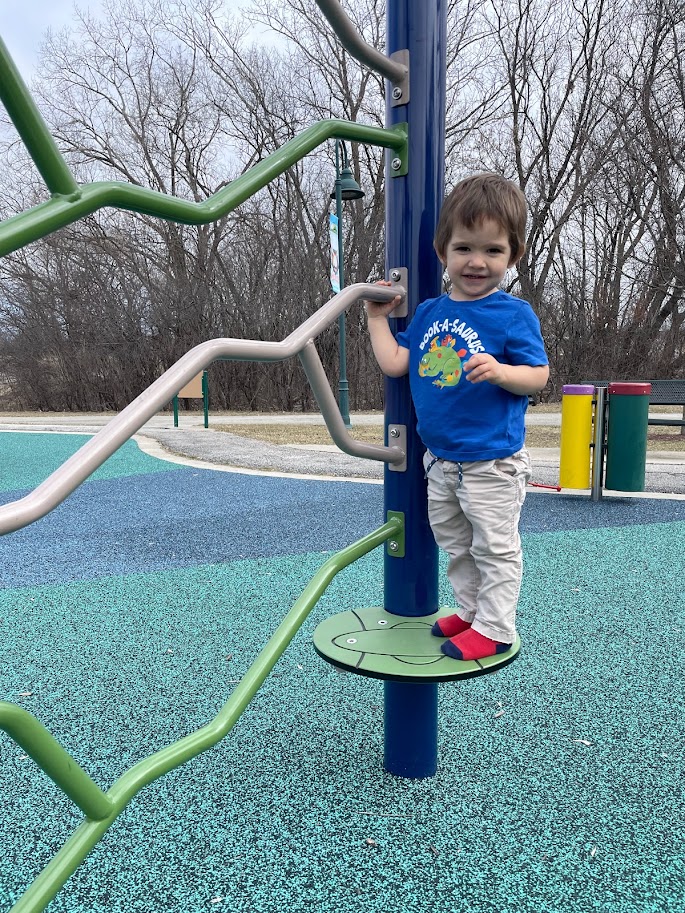
Resources For Talking with Your Kids About Sex
BOOKS
God Made All of Me by Justin Holcomb: This one is good for young children as it is very simple, short and easy to read, but introduces the idea that, while our body is very good, there are places on our body that other people should not be looking at or touching. This is crucial for empowering our children to say no if they were to encounter an abuser (which unfortunately is far more common today than I would like to believe). This author has written a few other books that I haven’t read yet but am curious to check out!
Good Pictures, Bad Pictures (also the junior version) by Kristen Jenson: An excellent explanation for why pornography is so dangerous, plus a plan of action for your kids to do when (not if) they are exposed to bad pictures.
Raising Boys Who Respect Girls by Dave Willis: This one is not for kids, but I thought it was an excellent read for parents. If you weren’t sure that we desperately need open and honest conversations with our boys (and girls too) about these topics, his chapters on “The Locker Room Mentality” and “The Porn Epidemic” will convince you otherwise.
The Story of Me (plus the following 3 books in the series) by Stan and Brenna Jones: This series is old but it has been updated several times, and I like that it starts with a simple explanation for the younger ages and then progressively moves into more detail and more complex topics for the older children. We’ve read the first three books to our older boys, but haven’t yet done the fourth one.
Nine Months by Jason Chin: This one is not directly about sex, but the beautiful pictures and gentle story are so lovely in showing a baby’s growth that I feel it’s worth reading and re-reading. Plus, any book about pregnancy and babies can easily transition into conversations about our bodies and how this all begins.
No Longer Little by Hal and Melanie Young: This is one is also for parents, not kids, and although it is not directly about sex it does cover a lot about the physical and emotional changes happening to pre-teens and teens, which I think is indirectly related to this conversation and can help to guide our interactions with our older children.
It’s Time to Talk to Your Kids About Porn by Greta Eskridge: This book approaches a difficult subject with grace and hope, and I think it should be required reading for EVERY parent in this “internet-in-your-pocket” era.
WEBSITES
Greta Eskridge’s blog: She is a homeschool mom, writer, and speaker who has a variety of topics on her blog but one of her passions is helping parents navigate these tricky topics with their kids.
Fight The New Drug: a non-profit organization designed to help families and raise awareness on these issues.
Common Sense Media: this website is more than just movie reviews – they also have a large number of articles related to online privacy, safe media/tech usage, educating kids about pornography, and more.
Conclusion
God has not given us a spirit of fear. This is such an important issue, with potentially life-changing ramifications, but it is not hopeless and there is much we can do! Your children need you to have the courage to share truth with them. I pray that our children, and our children’s children, will be generations that see the lies in our culture, call them out, and choose a better way.
“Our responsibility to them is not to pretend that if we don’t look, evil will go away, but to give them weapons against it.”
– Madeleine L’Engle

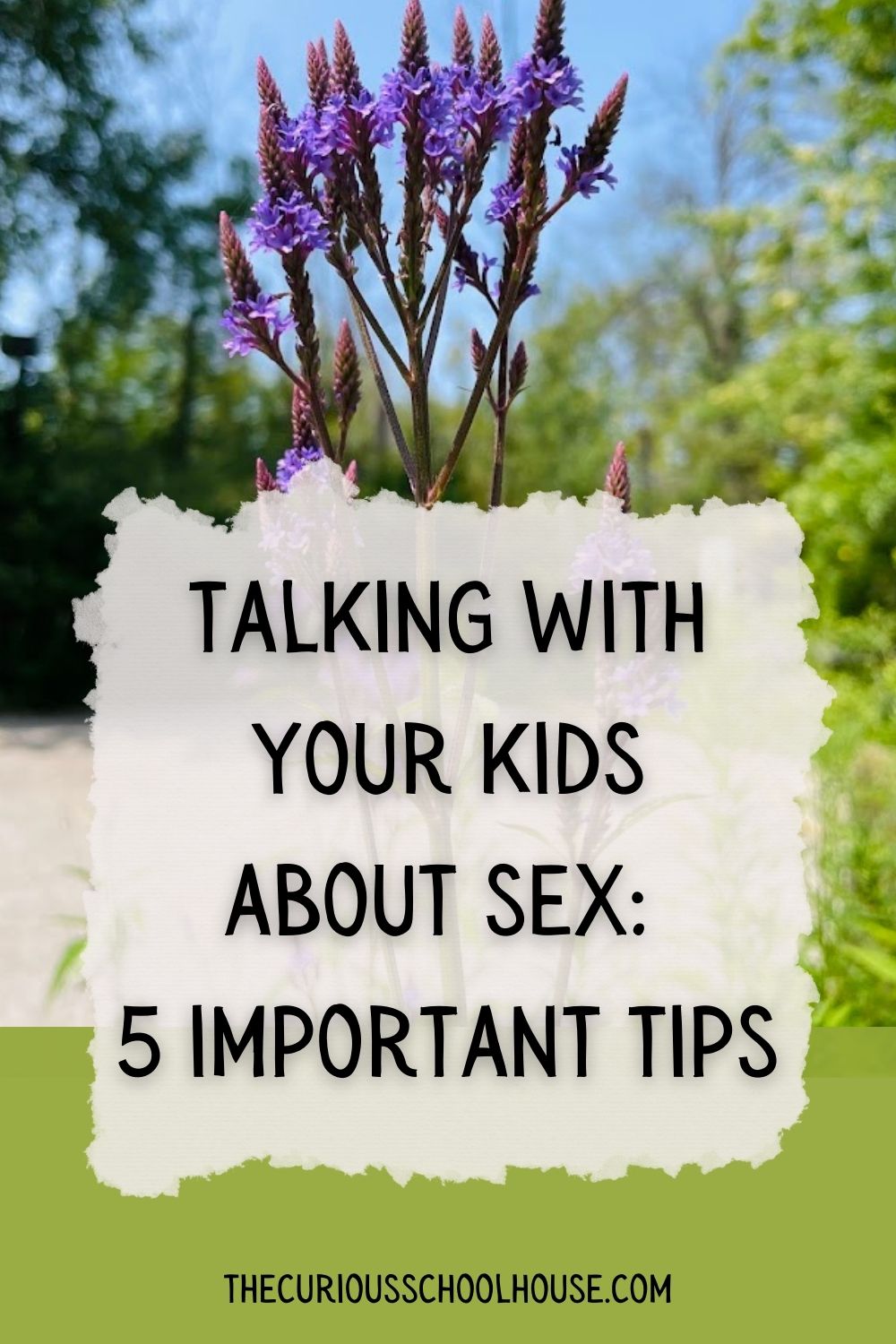
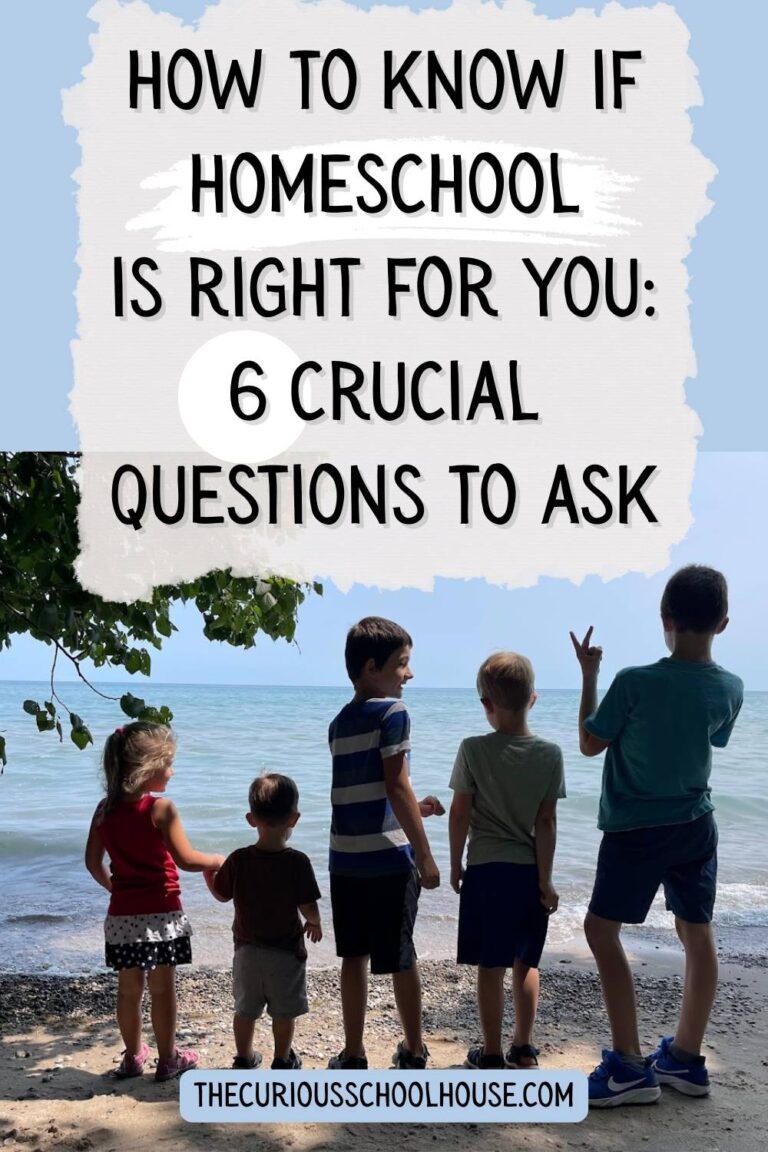

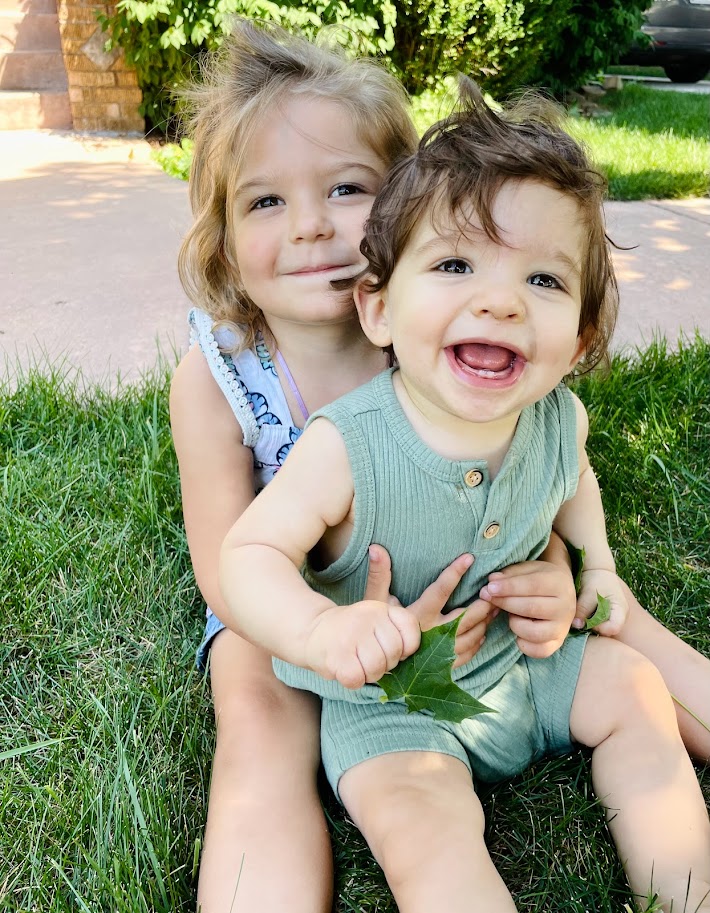

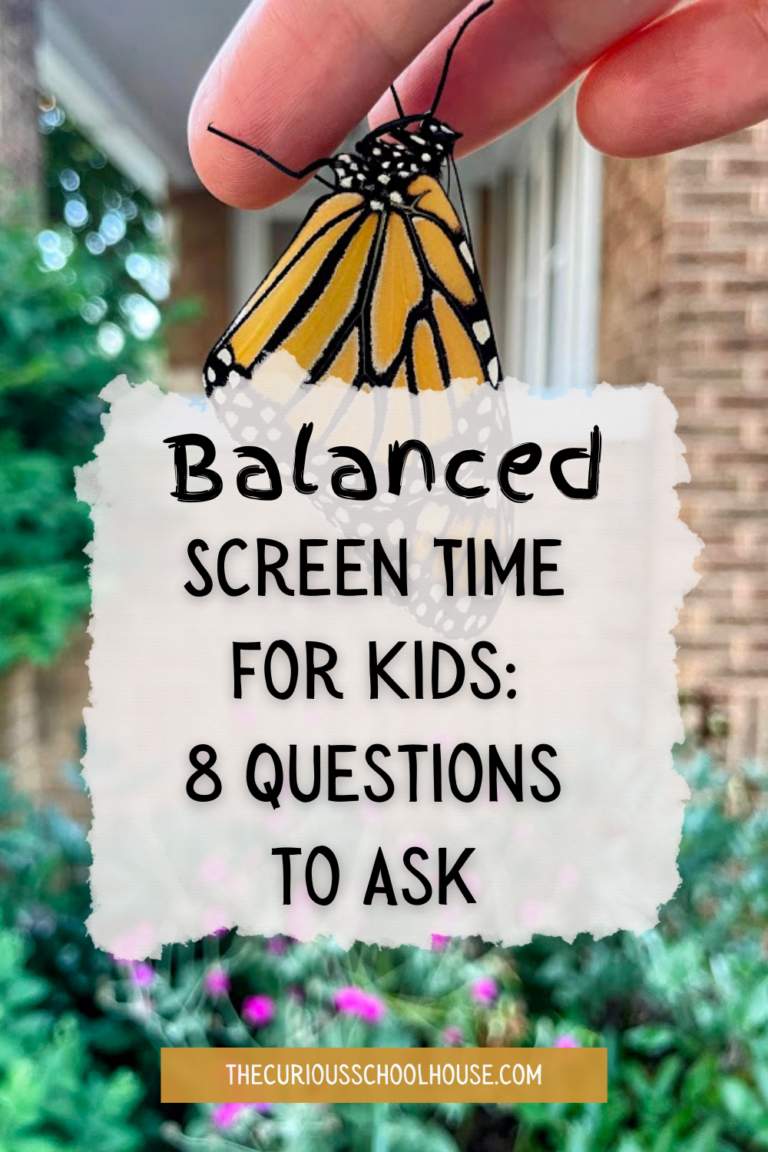
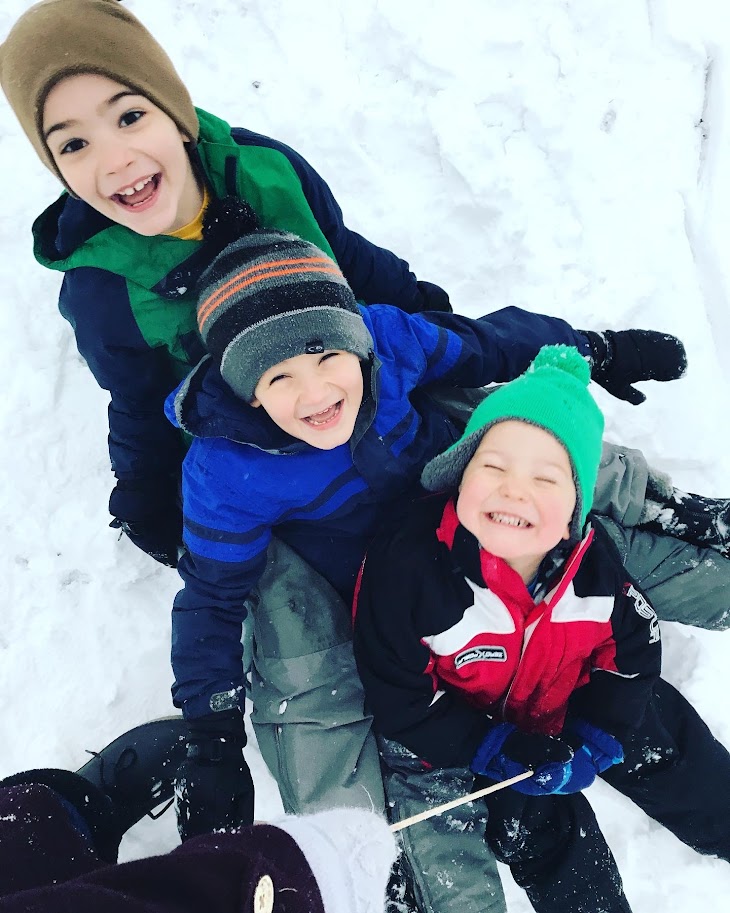
I really enjoy your blog. Whenever I see you in my inbox, I always look forward to reading your new post. My oldest is only 21 months, but I have already been thinking how to bring up the topic of sex: how much and when. Thank you for the list of books. I will save it for later!
Thank you so much! Glad to hear that it is helpful 🙂
Hi there, I read your new stuff on a regular
basis. Your story-telling style is witty, keep up the good work!
This article reminded me that our family’s sex talk needed to be updated as my children have gotten older. It was a good talk about good touch and bad touch. Thank you!
Great info! I definitely subscribed to this model with my daughter. I believe that our discussions when she was young cultivated an amazing relationship with open communication.
This is so helpful and encouraging! I will definitely check out those books.